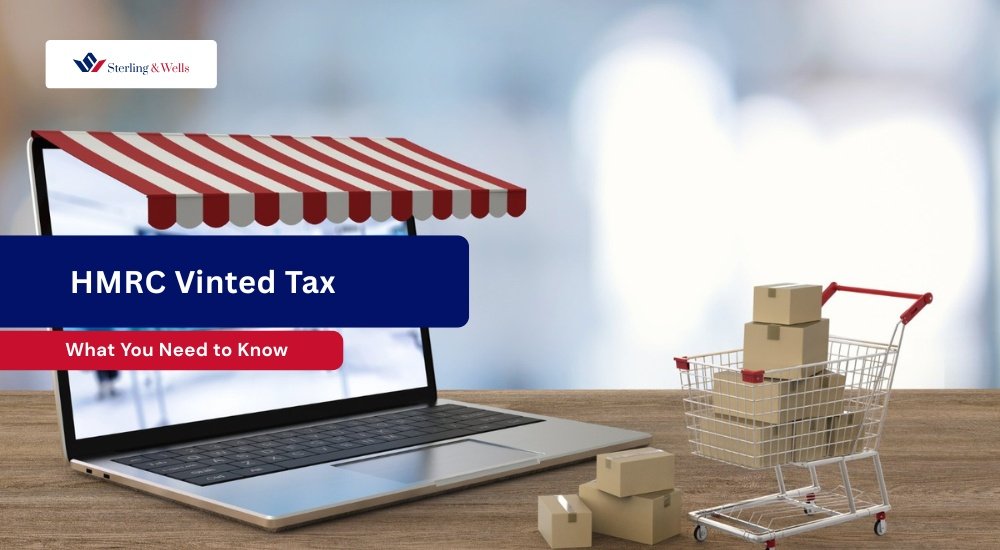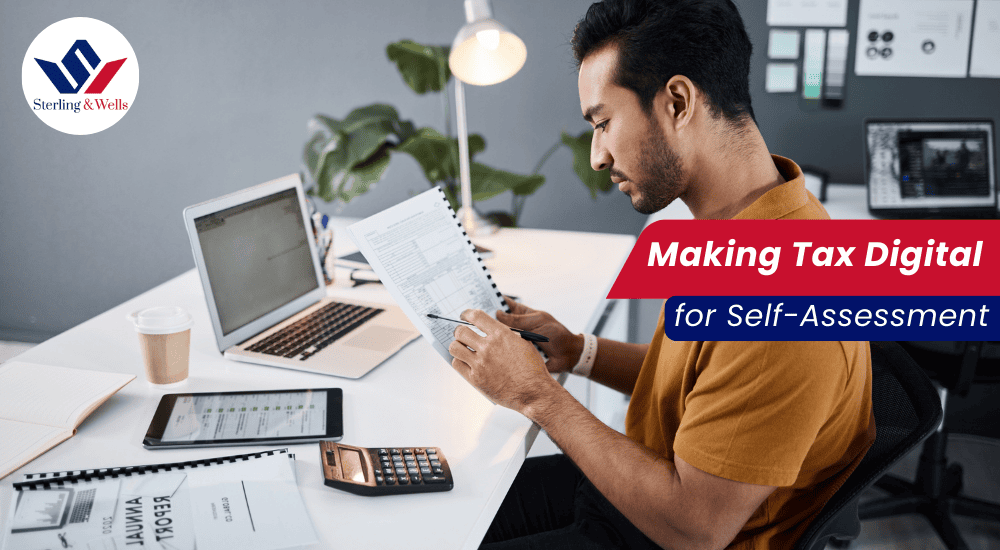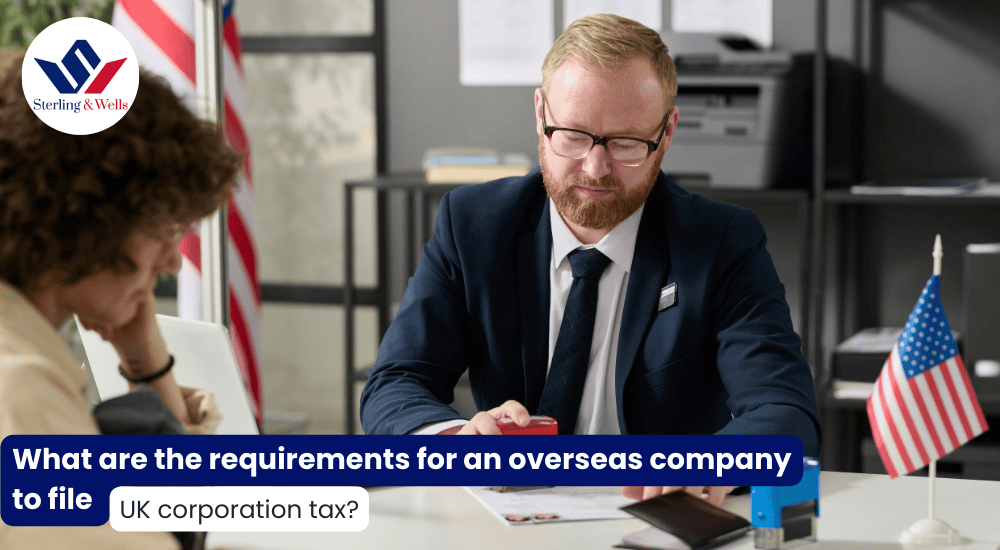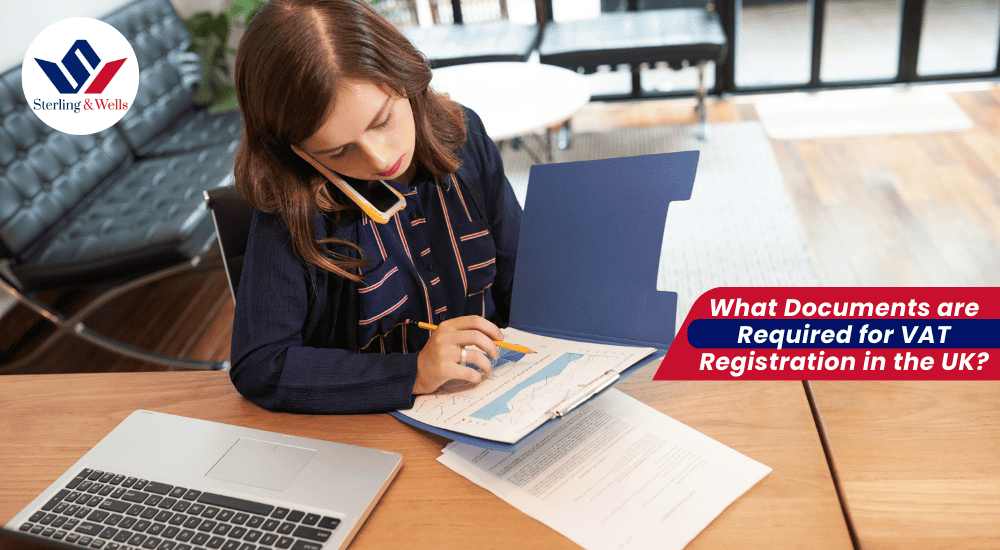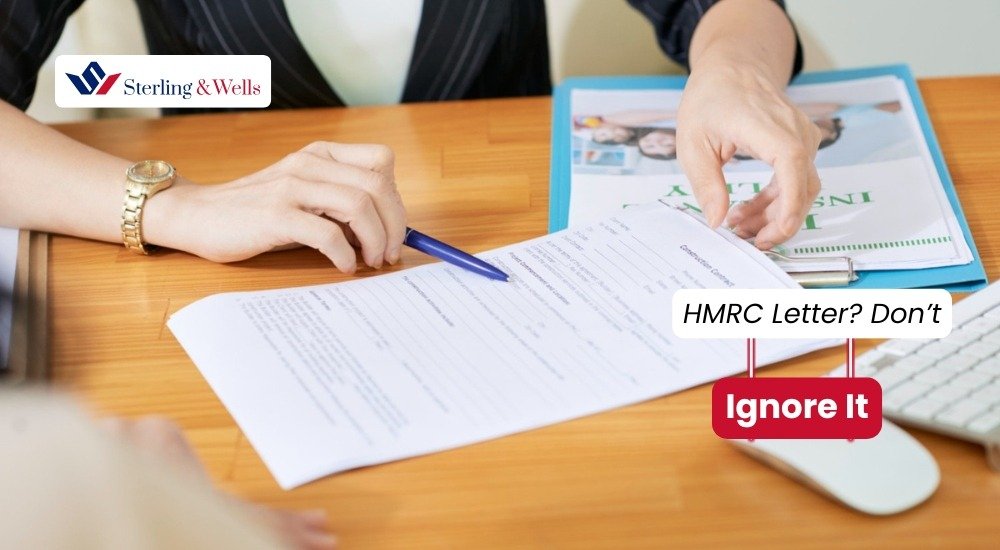Are you selling your old clothes or unused items on platforms like Vinted? If so, you might be liable to taxes.
Under the new rules, platforms like Vinted must collect and report seller data to HMRC if a seller meets certain thresholds. Additionally, you may also be required to complete a seller report for HMRC.
But here’s the thing. Just because your information is reported or you complete a seller report, it doesn’t automatically mean you owe tax. In most cases, casual sellers won’t need to pay anything.
Still, the line between casual selling and running a business isn’t always clear. It sounds confusing. This guide breaks down what you really need to know.
Do I Need to Pay Tax on Vinted?
If you are selling your own second-hand items at a loss or for less than you paid, you usually don’t owe any tax.
However, there is one exception. If you sell an individual item for more than £6,000 and make a profit, capital gains tax (CGT) could apply. But even then, you get a £3,000 CGT allowance each year. So, small profits won’t be taxed.
HMRC generally doesn’t ask for proof unless they suspect you’re trading to make a profit regularly. The key difference is whether you’re a casual seller or running a business. If it’s the latter, tax rules get more complex.
In short: for most people, selling personal stuff on Vinted won’t trigger a tax bill.
What Triggers HMRC Reporting?
From 2024, platforms like Vinted must report seller data to HMRC if you make 30 or more sales in a year or earn over €2,000 (around £1,700).
If you hit either threshold, Vinted will notify you. But you don’t need to submit anything yourself unless HMRC contacts you directly.
This reporting does not mean you automatically owe tax. HMRC collects this data to check whether someone might be running a business through online platforms.
Vinted may still send a notification even if there is no tax due. Unless you are selling items to make a profit like a business, this won’t usually result in a tax bill.
Are You a Casual Seller or Running a Business?
HMRC makes a clear distinction between selling casually and trading as a business. The difference affects which tax rules apply to you.
To figure out this out, HMRC uses “badges of trade” criteria These include:
-
Buying items with the intention to resell
-
Selling frequently or in large volumes
-
Changing or improving items before selling
-
Treating money like a regular income
If HMRC sees you as a trader, you get a £1,000 trading allowance and if the profit is over £1,000, you must register for Self-Assessment, keep records and possibly pay income tax and National Insurance on your profits.
However, if you’re just selling your own used items occasionally and usually at a loss, you’re treated as a casual seller and taxes are unlikely to apply.
Common Vinted Tax Mistakes to Avoid
Selling on Vinted might feel like an easy or quick way to make money. But if you’re not careful with how you handle your sales and records, things can quickly get messy with tax.
Here are some common mistakes to watch out for:
-
Missing Receipts
You cannot claim costs for packaging, postage or other expenses without proper receipts. This could cost more in taxes than necessary.
-
Mixing Personal & Business Money
If you’re sell casually as well as run a business, keep your personal and business sales separate. It makes tracking income and expenses much easier.
-
Don’t Complicate Things Too Soon
Don’t use a fancy software or form a company for vintage sales unless your sales are growing and you’re making regular profits.
-
Not Tracking Sales
Waiting for tax season to sort out your sales often lead to panic and errors. So, it’s best to record each sale as it happens. You can use a simple spreadsheet or app for recording sales.
Conclusion
Most people selling on Vinted do not need to worry about tax. If you are just selling old clothes or things, you no longer use, there is usually no tax to pay.
HMRC is mainly looking at people who sell often or make money from it. If your profit goes over £1000 in a year, you may need to report it and pay tax if you’re operating it as a business.
Vinted will let you know if your sales hit the reporting limit. This does not mean you owe taxes.
The best thing you can do is keep clear records and stay informed. If you are not sure, it is a good idea to speak to a tax advisor.
